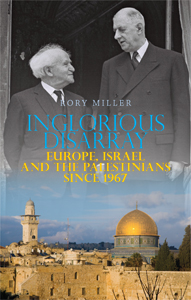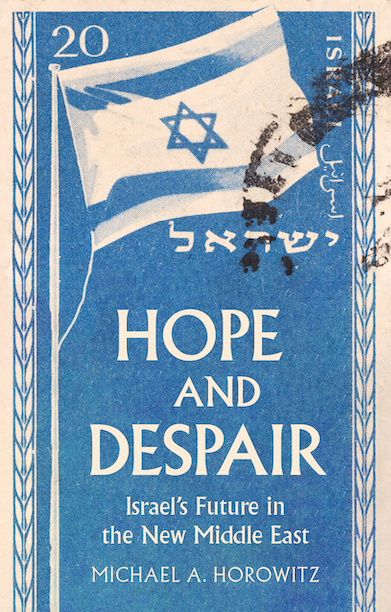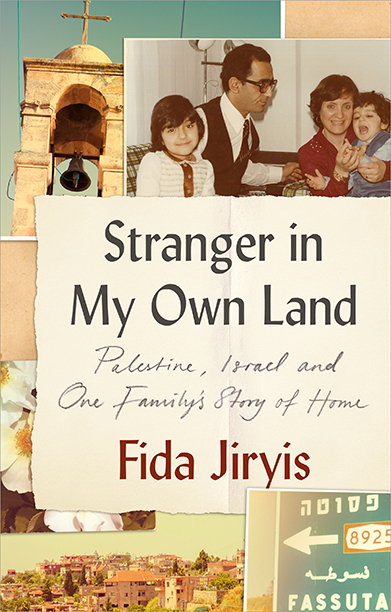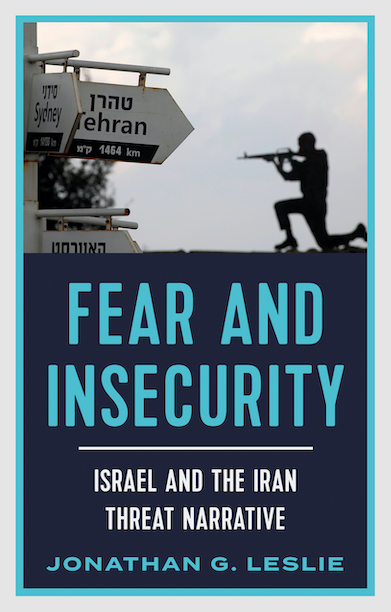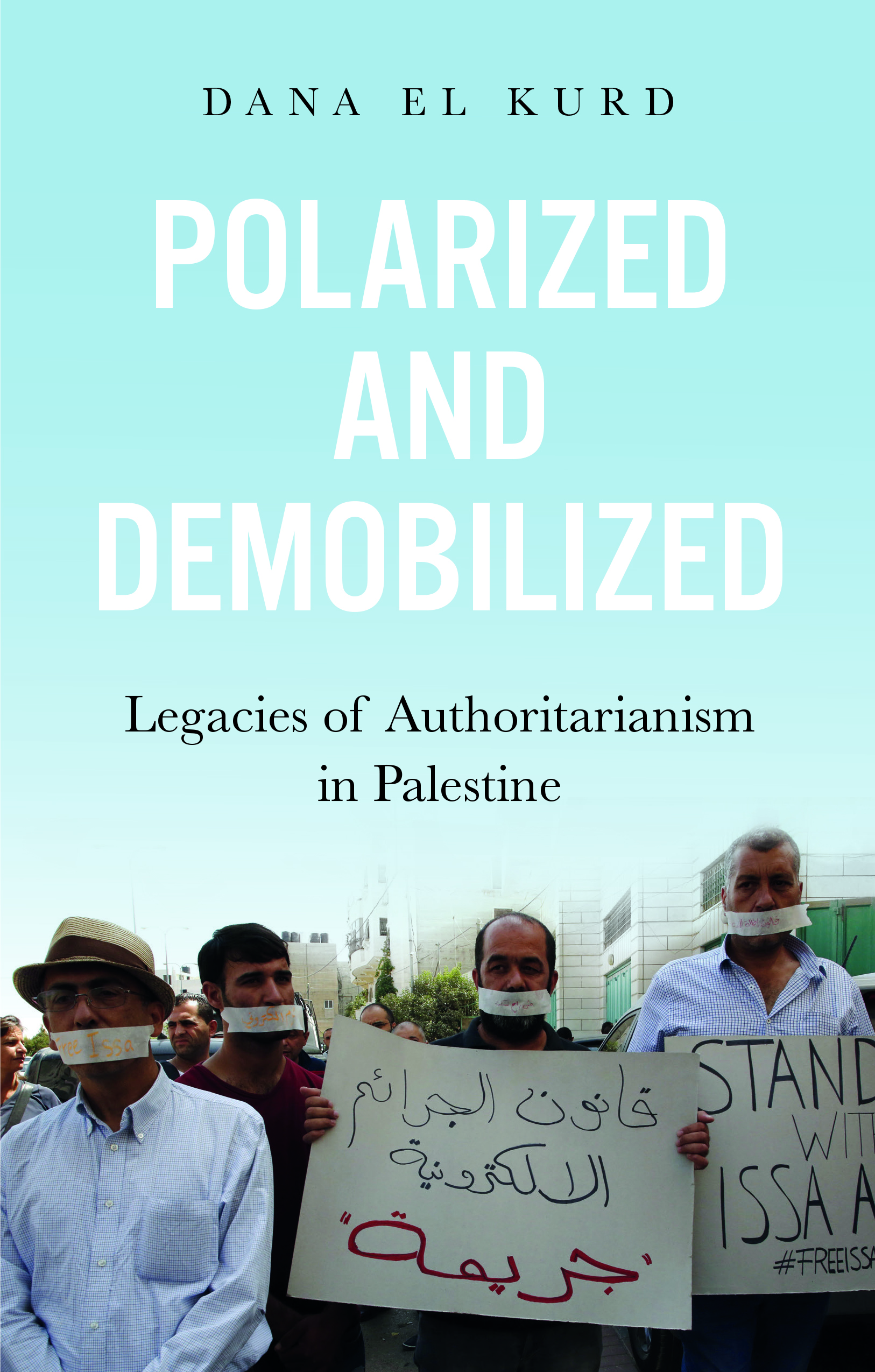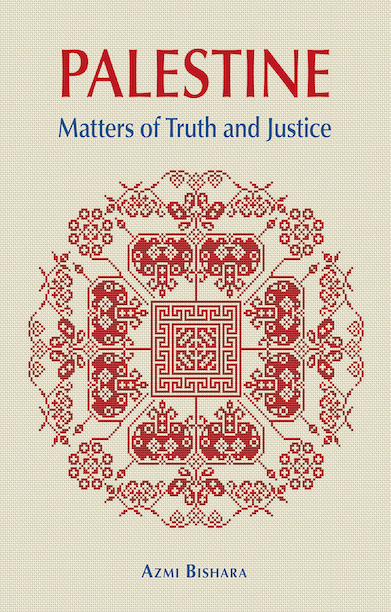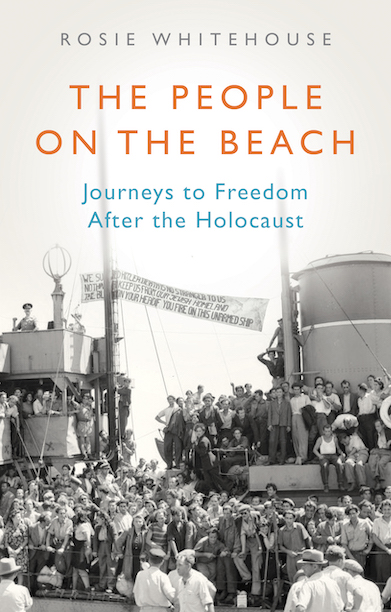Description
Since that fateful week of war in June 1967, when Israel’s speedy military victory over the Arab states redrew the map of the Middle East, Europe — at least in terms of its influence in this crucial region — has been a cause looking for an opportunity (to borrow Henry Kissinger’s classic description of Russian foreign policy).
Europe’s ongoing attempt to assert itself as a key player in the Middle East conflict has come to nought. It has even proved unable to arrive at a consensus about how to act, and when it has overcome this obstacle it has rarely succeeded in turning this united position into effective action. Though successive generations of European leaders have shared Joschka Fischer’s belief that ‘solving the Middle East and developing a real vision of peace is the major challenge for Europe’, nowhere has the contrast between rhetoric and action been more obvious than in its attempts to meet this challenge.
Inglorious Disarray tells the story of Europe’s evolving, albeit stilted and often frustrating, involvement in the Israel-Palestine conflict over the last half century. In doing so it sets out how Europe’s role has affected its relationship with Israelis, Palestinians and the wider Arab world, not to mention Europe’s Muslim population, and how it has influenced Europe’s political development in the decades since it became an economic powerhouse.
Reviews
‘Inglorious Disarray is a fine work of scholarship that draws on a massive array of sources for what is a definitive account of the often strained relationships between the main players.’ – Sunday Business Post
‘Inglorious Disarray offers a meticulously researched account of Europe’s constant engagement with Israel and the Palestinians since the Six-Day War of 1967.’ —15 Minutes Magazine
‘Inglorious Disarray is not the first publication tracking the evolution of Europe’s efforts to advance Middle East peace. However… it is certainly the most detailed and most valuable account so far, offering a wealth of insights to anyone working on the issue.’ — Daniel Möckli, Office of the Foreign Minister, Swiss Federal Department of Foreign Affairs, H-Diplo Roundtable Reviews
‘…a stimulating and genuinely original study that provides a new perspective on the ongoing Israel-Palestine question. Moreover, he gives insights into the workings of the EEC/EU, and the reasons for its failure to translate economic power into international influence… it will be essential reading for serious scholars of the Arab-Israeli dispute, as well as being of interest to the general reader.’ — Simon C. Smith, University of Hull, H-Diplo Roundtable Reviews
‘Professor Rory Miller has produced a serious, cold-eyed account of political Europe’s ineffective role in the Middle East conflict. Miller’s unsparing analysis will provide much food for thought both for policy makers and for those with a more general interest in the region. This book will add to Miller’s reputation as both a prolific and impressive scholar.’ — Lord Bew of Donegore, Professor of Irish Politics, Queen’s University Belfast, and author of Ireland: The Politics of Enmity 1789-2006
‘Extremely interesting… it adds another dimension to the Israel-Palestine conflict and is comprehensive, well informed and backed up by factual evidence rather than supposition.’ — Professor Colin Shindler, SOAS, author of The Triumph of Military Zionism: Nationalism and the Origins of the Israeli Right
‘This passionate and lucid account on the EU’s role in the Middle East Peace Process should appeal to experts and the general public. Drawing from a variety of sources – Arab, Israeli, European and American – it narrates eloquently European Middle East policy in action and how this policy is perceived in the region. Rory Miller does an outstanding job in explaining how and why the EU plays “second fiddle” to any US administration’s intent to on making an Israeli-Palestinian peace deal.’ — Walter Posch, Stiftung Wissenschaft und Politik Berlin
Author(s)
Professor Rory Miller is Director of Middle East & Mediterranean Studies at King’s College, University of London, where he teaches on EU and US involvement in the Middle East. He is the author or editor of eight books and has published over 100 articles in the international media.
